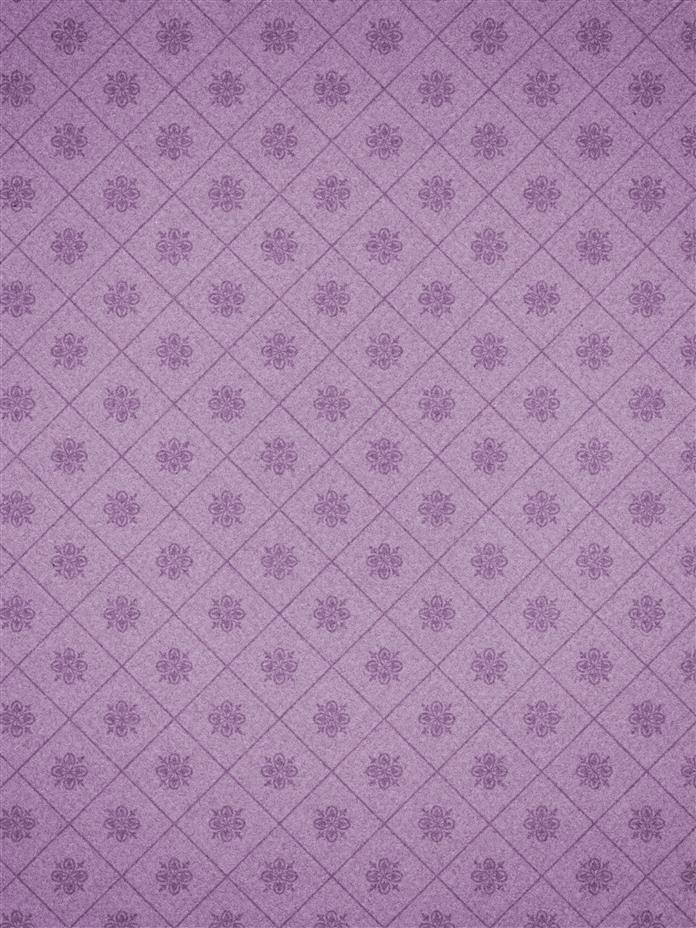
Tap to Read ➤
What is a Hypothesis?
Puja Lalwani

Knowing what a hypothesis is, is essential when conducting a science experiment. Here's everything you need to know about it. Have a look...

The definition of a hypothesis states that it is an assumption or a statement that is taken to be true, and then tested to prove it. It is primarily a tentative supposition that determines the relationship between an independent variable and a dependent variable.

So that you can understand it, here, we discuss what a hypothesis statement is in some more detail, by understanding the process of writing one with the help of some examples.

Writing a Hypothesis Statement
When writing a hypothesis, you have to take into consideration the two variables between which you are trying to establish a relationship. Let's do this by considering the following example:
Exercising for 30 minutes daily significantly aids a positive change of attitude in depressed or anxious individuals.
Exercising for 30 minutes daily significantly aids a positive change of attitude in depressed or anxious individuals.

In this example, the independent variable is the exercise, while the dependent variable is the attitude. Here, an attempt is being made to establish a relationship between exercise and attitude.

A more formalized manner of writing this hypothesis statement is by using the terms 'if' and 'then', that provide a scope for testing in order for it to be proven. As such, the example can be rewritten in the following manner, as a conditional statement.

If an individual suffering from depression or anxiety exercises daily for 30 minutes, then it will cause a significant positive change in her or his attitude.

A formalized hypothesis enables you to directly address the relationship you are trying to establish, by giving it a logical sequence and idea of going about the testing procedure. It enables you to establish the goal you are trying to achieve by conducting this experiment. This is the best way to write a hypothesis for a research paper.

There is one more way, but it is a very general (and informal) way of writing it.
This study is based on the hypothesis that exercising for 30 minutes daily will aid a positive change of attitude in depressed or anxious individuals.
This study is based on the hypothesis that exercising for 30 minutes daily will aid a positive change of attitude in depressed or anxious individuals.

The first two statements are more appropriate when used for a science experiment or a research paper. As such, follow this format while formulating your own hypothesis.

Hypothesis Testing
After you have established a hypothesis statement, it is mandatory to conduct what is known as hypothesis testing, in order to prove or disprove this statement. It is not necessary for your hypothesis to be as stated at all times.

The relationship you are trying to establish may not exist, or you may be able to achieve positive results after conducting testing. However, it is important to understand while testing a hypothesis, that there is no appropriate answer, as long as all methods of testing have been utilized to the optimum, and thorough research has been conducted.

The very purpose of a hypothesis is to be able to provide a basis for the establishment of a particular theory or belief. As such, it may or may not be proven as stated. The case may also be otherwise, which may lead to you developing another hypothesis and working to prove it.

Hypothesis vs. Theory
A common confusion is created among the terms 'hypothesis' and 'theory'. The two terms are significantly different, and comprehending this difference is important. A theory is a statement that is made after observing instances, facts, and outcomes of situations.

This statement is established after looking into all these aspects, and is one that has been accepted widely. On the other hand, a hypothesis is a statement that is made in order to explore the relationship between two variables.

It is an assumption that you are willing to make in order to prove it to eventually be a fact. In the world of experiments, knowing the difference between these two terms is imperative. This guide will help you formulate a hypothesis and go about the process of establishing it as a fact appropriately.